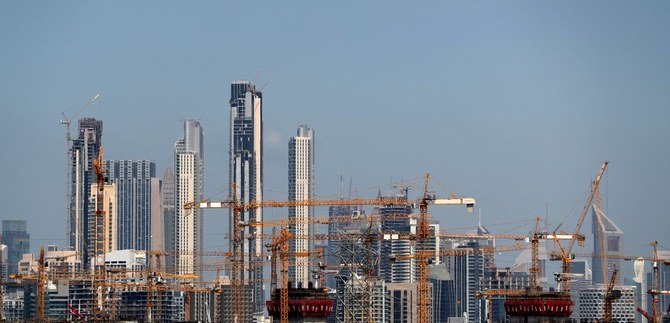
- ARAB NEWS
- 18 Apr 2024

Arab News
DUBAI: The owners of UAE technology firms Bayut and Dubizzle have announced a merger which will form a $1 billion Dubai-based company, state news agency WAM reported on Tuesday.
Emerging Markets Property Group, EMPG, and OLX Group will also run a $150 million investment round as part of the agreement to merge their MENA and South Asia operations.
The merger makes OLX, EMPGS’s largest single holder with 39 percent of shares. EMPG will continue operating both Bayut and Dubizzle in the UAE, and the merger will bring OLX entities in Egypt, Lebanon, Pakistan and several GCC countries into the company’s reach.
“This merger of EMPG and OLX will allow us to better serve our customers, given that both operate brands with a strong following and will allow us to leverage existing tech and data to paint a more accurate picture of the state of affairs in the real estate industry across the region. At the same time, we will be making significant technology investments to provide more value to all users of property, automotive and other segments of the Dubizzle and OLX platform,” Head of EMPG MENA Haider Ali Khan said.
The cumulative value of properties sold in the UAE, Egypt, Lebanon and Pakistan through the websites is estimated at $8.984 billion, offering a possible commission pool of above $1.9 billion for real estate agents.
Meanwhile, Ali Maabereh, head of mergers and acquisition (M&A) at EMPG in Saudi Arabia said M&A activity will increase in GCC countries amid the coronavirus pandemic as SMEs and several large corporates will look for capital injections to satisfy working capital needs.
“The current pandemic is creating a lot of uncertainties and contradictions in what to expect after the dust settles. The expected key impacts on companies are shortages of liquidity and working capital requirements. Though companies might be running a healthy P&L, there will be significant pressure on working capital requirements,” he said.